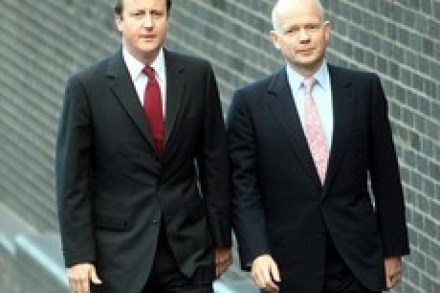Time to start banging on about Europe
It’s not yet official, but everyone is couning on a big “yes” from Ireland – to the tune of about 64% says The Guardian. I say in my News of the World column tomorrow that this is far from a disaster for the Conservatives. It works well for them, in fact: it isn’t nerds who want a UK referendum but any fair-minded person who has just witnessed the way Brussels bullies, bribes and cajoles to get its way. Tony Blair was the one who reneged on his promise of a rederendum – something which, in my opinion, should be a criminal act (but, as Stuart Wheeler tested, is not technically












